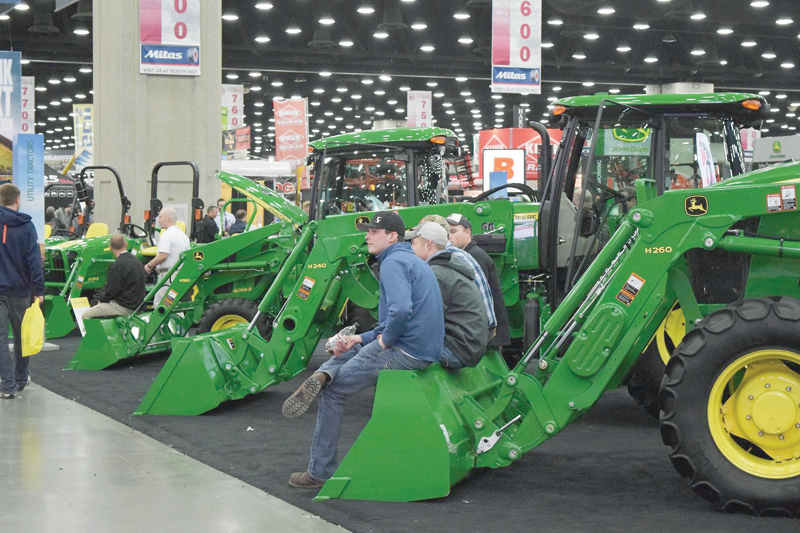

WASHINGTON: New orders for key US-made capital goods fell more than expected in September and shipments also declined, a sign that business investment remains soft amid the fallout from the US-China trade war but other data on Thursday showed the spat has yet to have much effect on the overall jobs market.
The Commerce Department said orders for non-defence capital goods excluding aircraft, which are seen as a measure of business spending plans on equipment, fell 0.5 per cent last month on less demand for transportation equipment, motor vehicles and parts, and computers and electronic products.
The auto sector was bruised by an ongoing strike at General Motors. The United Auto Workers union reached a tentative agreement with the Detroit automaker last week on a new four-year-contract but members remain off work until they finish voting on the proposal this Friday.
Data for August was also revised down to show core capital goods orders falling 0.6 per cent instead of declining 0.4 per cent as previously reported. Economists polled by Reuters had forecast core capital goods orders dipping 0.2 per cent in September.
“The data are volatile, but through the volatility, trends have slowed significantly,” said Jim O’Sullivan, an economist at High Frequency Economics. US Treasury prices rose following the report while US stocks were little changed.
Core capital goods orders increased 1.0 per cent on a yearly basis while shipments of such goods dropped 0.7 per cent last month. Core capital goods shipments are used to calculate equipment spending in the government’s gross domestic product measurement. Shipments for August were flat after being revised from a previously reported 0.3 per cent gain.
The US Federal Reserve has cut interest rates twice this year and investors currently see another reduction in borrowing costs when policymakers meet next week as the economy grapples with the headwinds from more than a year of US-China tit-for-tat tariffs and slowing global growth.
The manufacturing sector, which makes up about 11 per cent of the US economy, has been hobbled by the trade dispute, which has hurt business confidence and investment, and cast a cloud of uncertainty over the economic outlook.
US manufacturing output fell more than expected in September, Fed data showed last week while business investment fell at a 1.0 per cent annualised rate last quarter, the biggest drop since the fourth quarter of 2015, the government reported last month.
Earlier this month, US President Donald Trump outlined the first phase of a deal to end the trade war with China and suspended a threatened tariff hike, but officials on both sides said much more work needed to be done before an accord could be agreed.
Overall orders for durable goods, items ranging from toasters to aircraft that are meant to last three years or more, declined 1.1 per cent in September after edging up a revised 0.3 per cent in the prior month. Orders for non-defence aircraft and parts were hit hardest, slumping 11.8 per cent, due to ongoing problems at Boeing. — Reuters
Oman Observer is now on the WhatsApp channel. Click here



